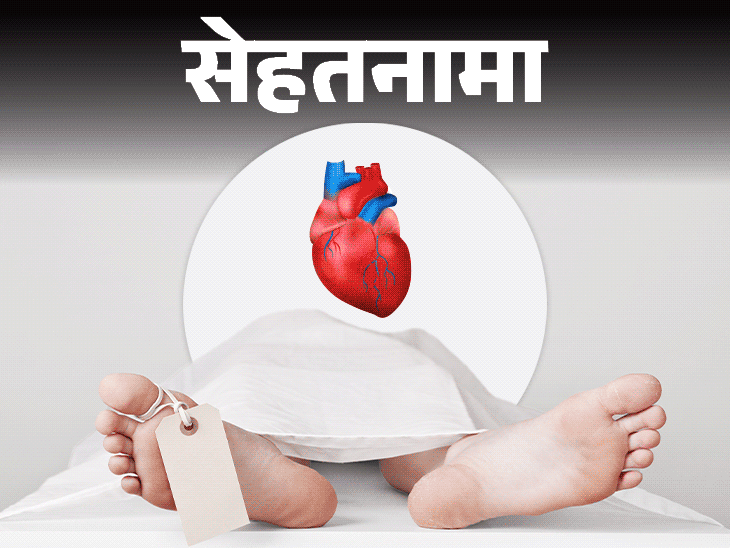Have you ever wondered what happens after death? At first glance, this may seem like a spiritual question, to which different answers can be found in different philosophies, from Garuda Purana onwards. It tells how and to which world our soul goes after death and what happens to it there.
But if we consider this topic from a scientific point of view, the questions and their answers will also completely change.
The question is: how long does which part of the body survive after death? It is only thanks to scientific research carried out in this area that it has become possible that science is now saving the lives of millions of people every year through organ donation.
If we have donated our organs, then they can give life to someone after we die. Our eyes can enter the new body and see the beautiful world again. Our heart can beat again in someone else’s body. The lungs can breathe again and our kidneys can filter toxins from someone else’s blood. Prime Minister Narendra Modi also spoke about the importance of organ donation in the 99th episode of ‘Mann Ki Baat’. Before that, we also talked in detail about organ donation.
So today’In the medical file“In this we will tell what happens to our body after death. You will also learn that-
What changes in the body every hour? Which organs in the body survive for how many hours does an organ survive after leaving the body?
What happens to the body after death? Generally, people understand that death means that the heart has stopped beating. Although it is a very long process. After the heartbeat stops, many things happen in the body in a long series. This process can be called decomposition.
What happens immediately after death? Every minute that passes after death, changes occur in all organs. For example, the brain, the most important organ in our body, depends entirely on the oxygen it receives through the blood to survive. Therefore, it dies a few minutes after the heart stops beating. Check the chart to see the changes that occur in the body immediately after death.
What changes in the first hour after death? Skin color begins to fade an hour after death. Body temperature begins to drop. The muscles begin to lose flexibility. The liver stops working, but despite the lack of oxygen, it tries to survive. To transplant it, it must be removed immediately from the body and preserved.
What changes between 2 and 6 hours after death? The situation is almost everywhere the same in the first hours following the death. What happens next depends on many factors like cause of death, climate, temperature, etc.
2-6 hours after death, chemical changes begin to occur in the body, as a result of which the process of rigor mortis begins. In this case, the muscles of the body start to become stiff. The smallest muscles in the body are affected first. Its effect is felt on the muscles of the eyelids and jaw.
What happens 6 to 12 hours after death? After so long after death, the muscles of the whole body become stiff and stiff. During this time, a process called autolysis starts in the body. In this, a special enzyme is released by the cells of our body, which begins to break down the tissues and eat them. This is called decomposition. This means that the body’s purpose in this world has been fulfilled. Now, even if someone does not perform their last rites, nature will slowly decompose and destroy them in its own way.
During this process, when all the organs in our body die one by one, if they are removed from the body in time and preserved, then they can be transplanted into the body of a person in need. It can give a person new life.
How soon after death can organs be harvested for transplantation? After brain death, the body lacks oxygen. Without oxygen, the functioning of all organs begins to deteriorate. Therefore, after death, they must be removed from the body as quickly as possible and given the necessary oxygen supply. How long can an organ survive in the body, see the chart below.

